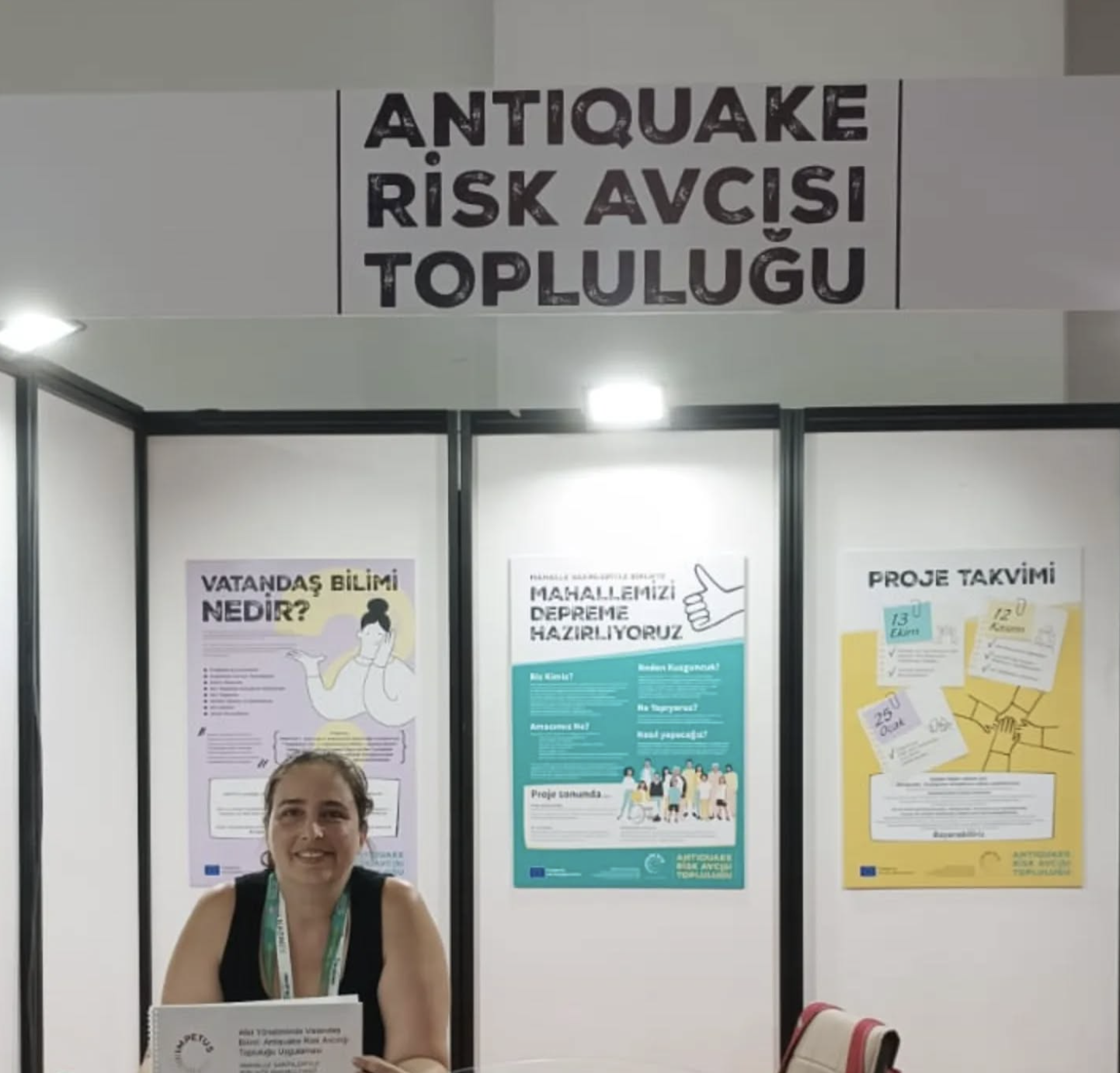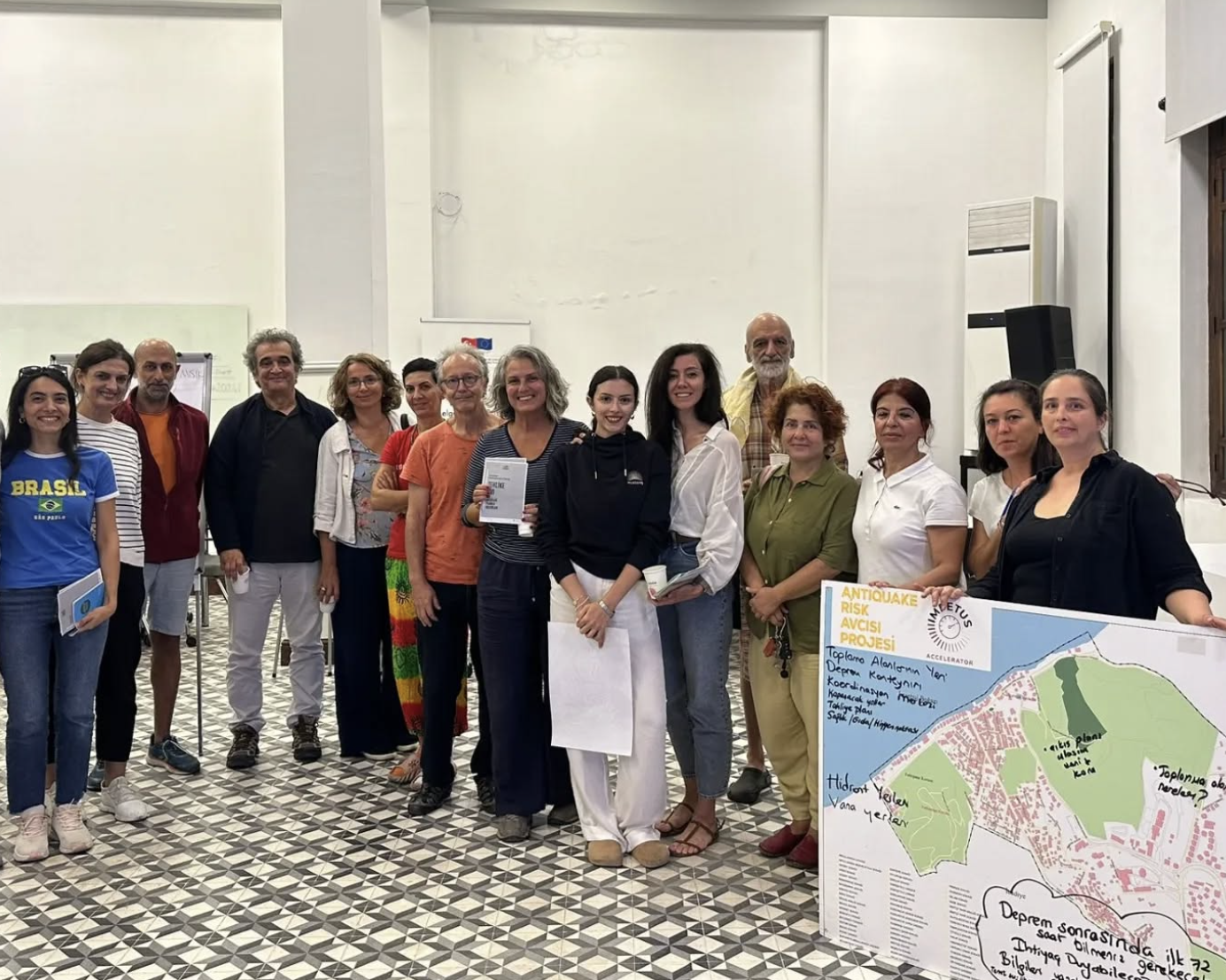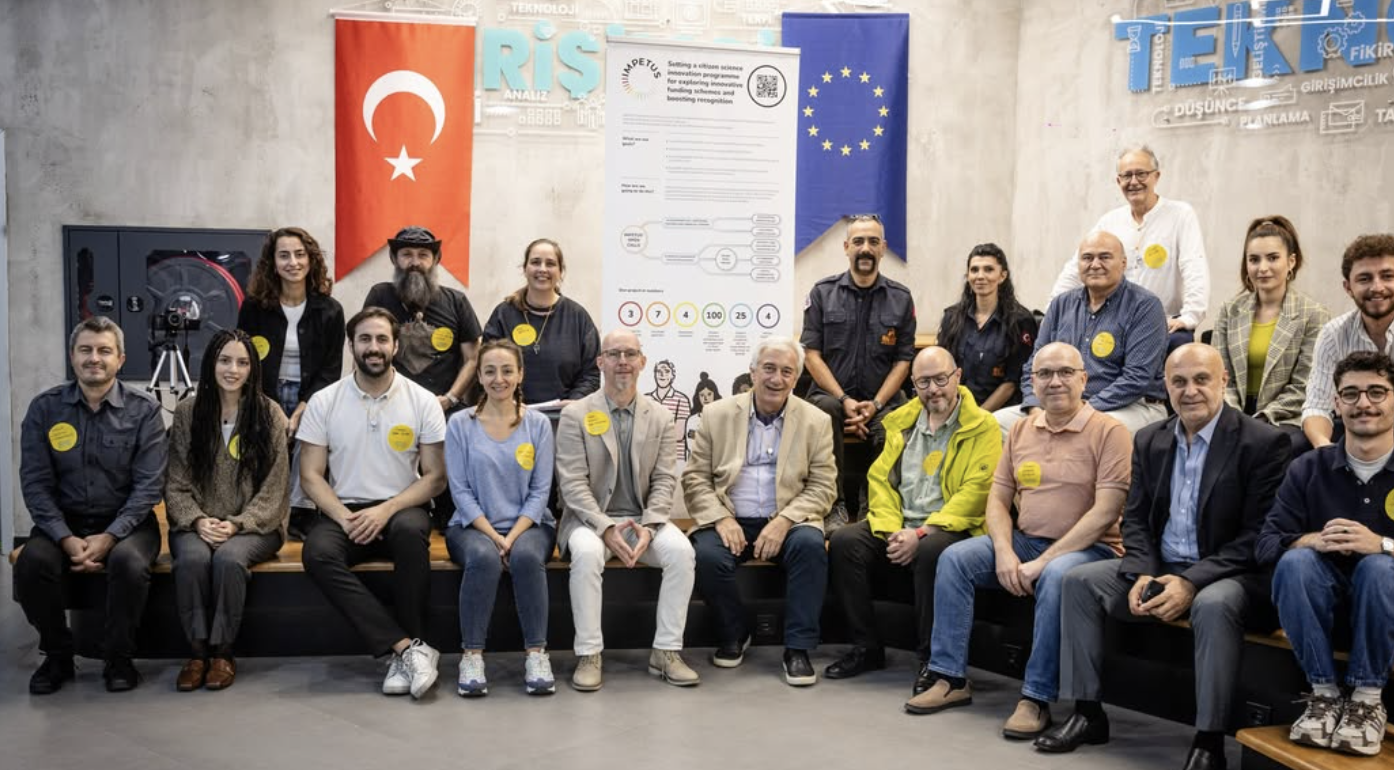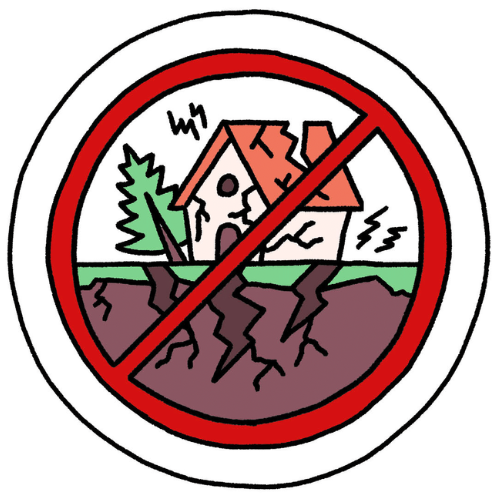Project Description:
The Antiquake project, a part of IMPETUS’s Citizen Science with and for Communities challenge, aims to enhance community resilience to earthquakes in Kuzguncuk, Istanbul, through citizen science and community engagement. It involves developing customised risk mapping and disaster reduction plans, raising awareness, and fostering stakeholder collaboration. By leveraging local knowledge and resources, the project aims to effectively empower communities to prepare for and respond to the unavoidable Istanbul earthquake.
The project seeks to mobilise diverse stakeholders, including residents, community organisations, and local authorities, through training programs, data collection campaigns, and outreach activities. The project aims to create sustainable risk reduction measures and improve disaster management capacities by integrating neighbourhood social capital and promoting inclusivity. Ultimately, the project strives to build a resilient community capable of mitigating the impacts of earthquakes and fostering long-term disaster preparedness and response efforts in the region.
Project Type: Kick Starting Grant
Theme: Citizen Science For and With Communities
Mentor:Stefanie Schuerz
Building Resilient Communities: The Anti-Quake Risk Hunter Initiative
The Anti-Quake Risk Hunter Community project brings together individuals with diverse expertise—including urban planning, communication, engineering, architecture, social sciences, trade, medicine, history, philosophy, local artists, academics, and students—through the Kuzguncuk Earth Solidarity and Neighborhood Community Network. Participants also included Disaster Summit attendees, disaster management experts, and high school students who initiated a micro-project. In total, approximately 100 individuals contributed to this initiative.

The project was introduced to local and national institutions, including the Neighborhood Muhtarship, District Municipality, District Governorship, Provincial Directorate of AFAD, and General Directorate of AFAD, all of which responded enthusiastically. Plans are now underway to collaborate with İSKİ, the Fire Department, and Antiquake to organise a hydrant awareness campaign featuring an orienteering event. This initiative aims to raise awareness and test our web-based application in real-world settings.

We partnered with NGOs such as the First 72 Hours Initiative, the Spatial Informatics Initiative, OpenStreetMap Turkey, Yer Çizenler, the Neighborhood Disaster Volunteers, and the AKUT Foundation. In collaboration with OpenStreetMap Turkey and Yer Çizenler, we launched a HOT (Humanitarian OpenStreetMap Team) task for Kuzguncuk and İcadiye, with 12 volunteers actively contributing to mapping efforts.
Forums and workshops with local residents helped identify critical data for a thematic map designed to aid in disaster scenarios. Surveys conducted with 21 search and rescue associations revealed spatial data requirements from both individual and organizational perspectives. A dedicated workshop with academics, rescue professionals, volunteers, and residents further refined and prioritized this data to ensure inclusivity and practicality.
As part of the project, we developed a web-based mapping tool, hosted on GitHub, that allows residents to upload photos, describe locations, report issues, and suggest precautionary measures.
The project was presented at the National GIS Congress, where it received positive feedback. Findings will be published in a peer-reviewed journal. Additionally, data gathered about residents’ experiences during the 1999 earthquake will contribute to an MSc thesis by one of our volunteers, focusing on the relationship between the sounds experienced during the earthquake and their impact on memory, the body, and emotional responses.

We secured venues, such as a municipal atelier and a gallery—offered free of charge for local artists—which will host a solidarity exhibition. The exhibition will bring together residents and artists while serving as a hub for workshops, training sessions, and awareness-raising events.
Preparedness and risk reduction are critical to preventing hazards from escalating into disasters. While national authorities have comprehensive plans, individual awareness remains limited. This project emphasizes community-driven disaster management, engaging residents through a bottom-up approach to foster neighbourhood preparedness and resilience.
With support from IMPETUS, the project gained credibility, funding, and momentum, attracting youth interested in its EU-funded citizen science framework. The IMPETUS Bootcamp provided valuable training in communication, impact assessment, citizen engagement, open science, and data management, significantly enhancing our team’s capacity.
What began as a small group of visionaries has now grown into Antiquake, a skilled and connected network. The project’s future lies in expanding across Turkey, leveraging social media and a dedicated platform to sustain growth and reach wider audiences.



